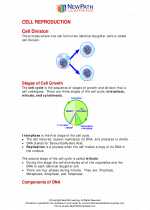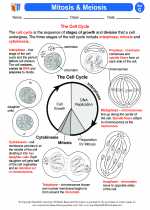Foam
Foam is a substance that is formed by trapping pockets of gas in a liquid or solid. It is a versatile material with a wide range of applications in various industries including manufacturing, packaging, and even in everyday household items.
Formation of Foam
Foam is formed when air or gas is dispersed in a liquid or solid, resulting in the creation of a bubbly or frothy structure. This can be achieved through various methods such as mechanical agitation, chemical reactions, or the introduction of a blowing agent.
Properties of Foam
Foam exhibits unique properties that make it useful for a variety of purposes. Some of the key properties of foam include:
- Lightweight: Foam is lightweight due to its high proportion of gas relative to its solid or liquid components.
- Insulating: Foam can act as an insulator, providing thermal and acoustic insulation in applications such as building construction and packaging.
- Resilient: Foam has the ability to regain its original shape after being compressed or deformed, making it suitable for cushioning and shock absorption.
- Versatile: Foam can be produced in a wide range of densities and structures to suit different requirements.
Common Uses of Foam
Foam finds application in a variety of industries and products, including but not limited to:
- Insulation materials for buildings and appliances
- Cushioning and padding in furniture, mattresses, and automotive seating
- Packaging materials for protecting delicate or fragile items during shipping
- Soundproofing and acoustic treatment in architectural and entertainment spaces
- Medical and orthopedic devices such as orthotic insoles and wound dressings
Study Guide
To better understand the concept of foam, consider the following study guide:
- Define foam and explain the process of its formation.
- Discuss the properties of foam and how they contribute to its utility in diverse applications.
- Research and present at least three specific examples of foam products used in different industries.
- Explore the environmental impact of foam production and potential sustainable alternatives.
- Conduct a hands-on experiment to create foam using household materials and observe its properties.
By engaging with these study guide topics, you can gain a comprehensive understanding of foam and its significance in various fields.
.◂Science Worksheets and Study Guides Seventh Grade. Cell Reproduction

 Activity Lesson
Activity Lesson
 Worksheet/Answer key
Worksheet/Answer key
 Worksheet/Answer key
Worksheet/Answer key
 Worksheet/Answer key
Worksheet/Answer key
 Vocabulary/Answer key
Vocabulary/Answer key
 Vocabulary/Answer key
Vocabulary/Answer key
 Vocabulary/Answer key
Vocabulary/Answer key
 Vocabulary/Answer key
Vocabulary/Answer key
 Vocabulary/Answer key
Vocabulary/Answer key
 Vocabulary/Answer key
Vocabulary/Answer key
 Vocabulary/Answer key
Vocabulary/Answer key
 Vocabulary/Answer key
Vocabulary/Answer key
